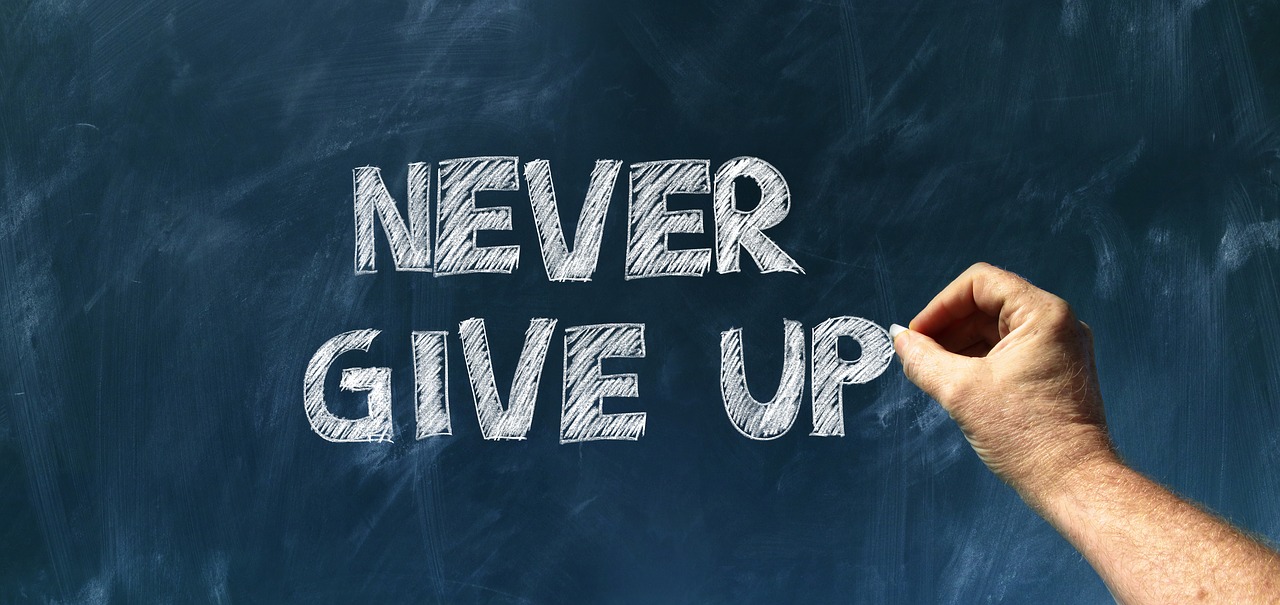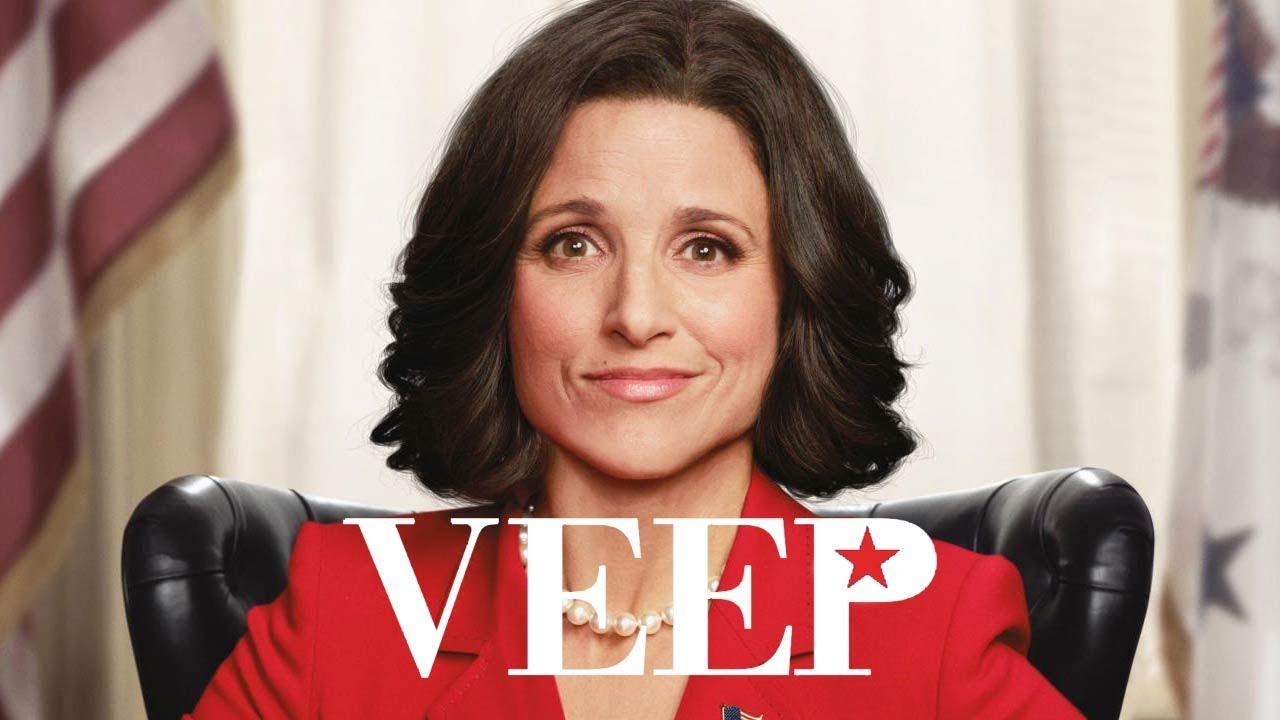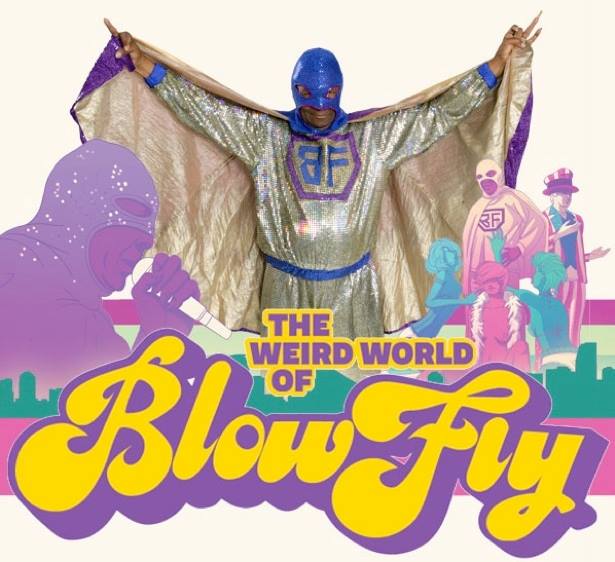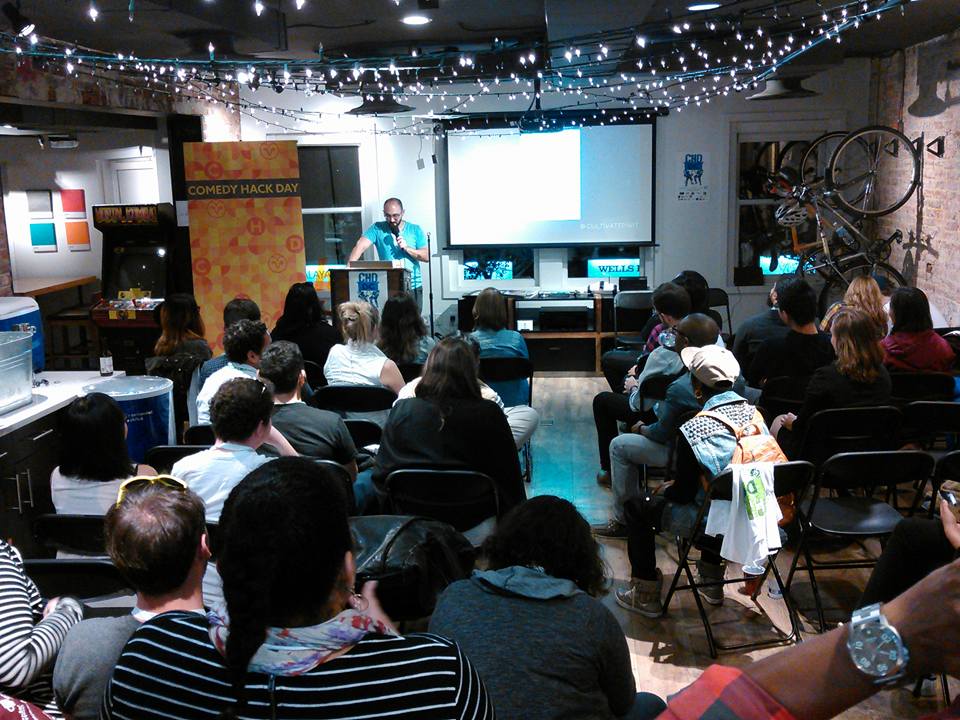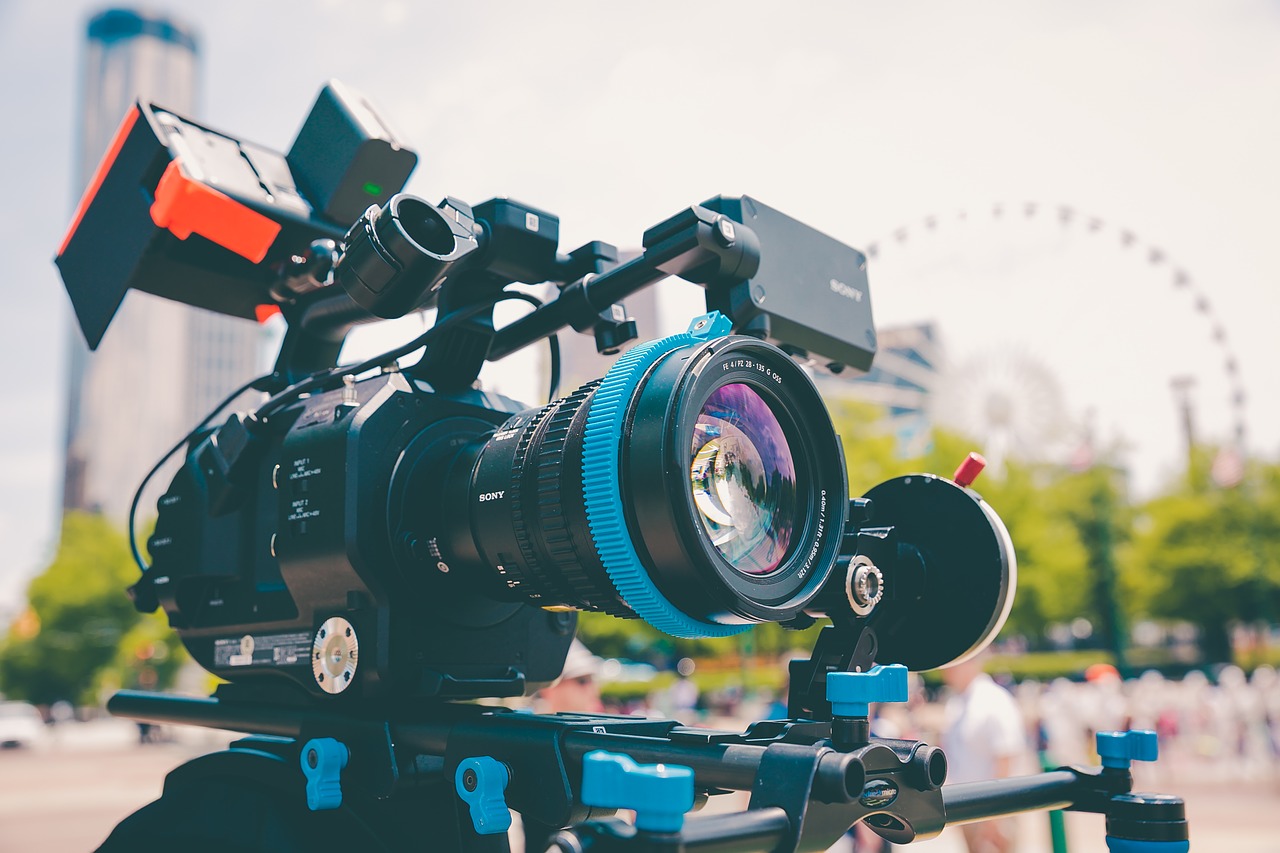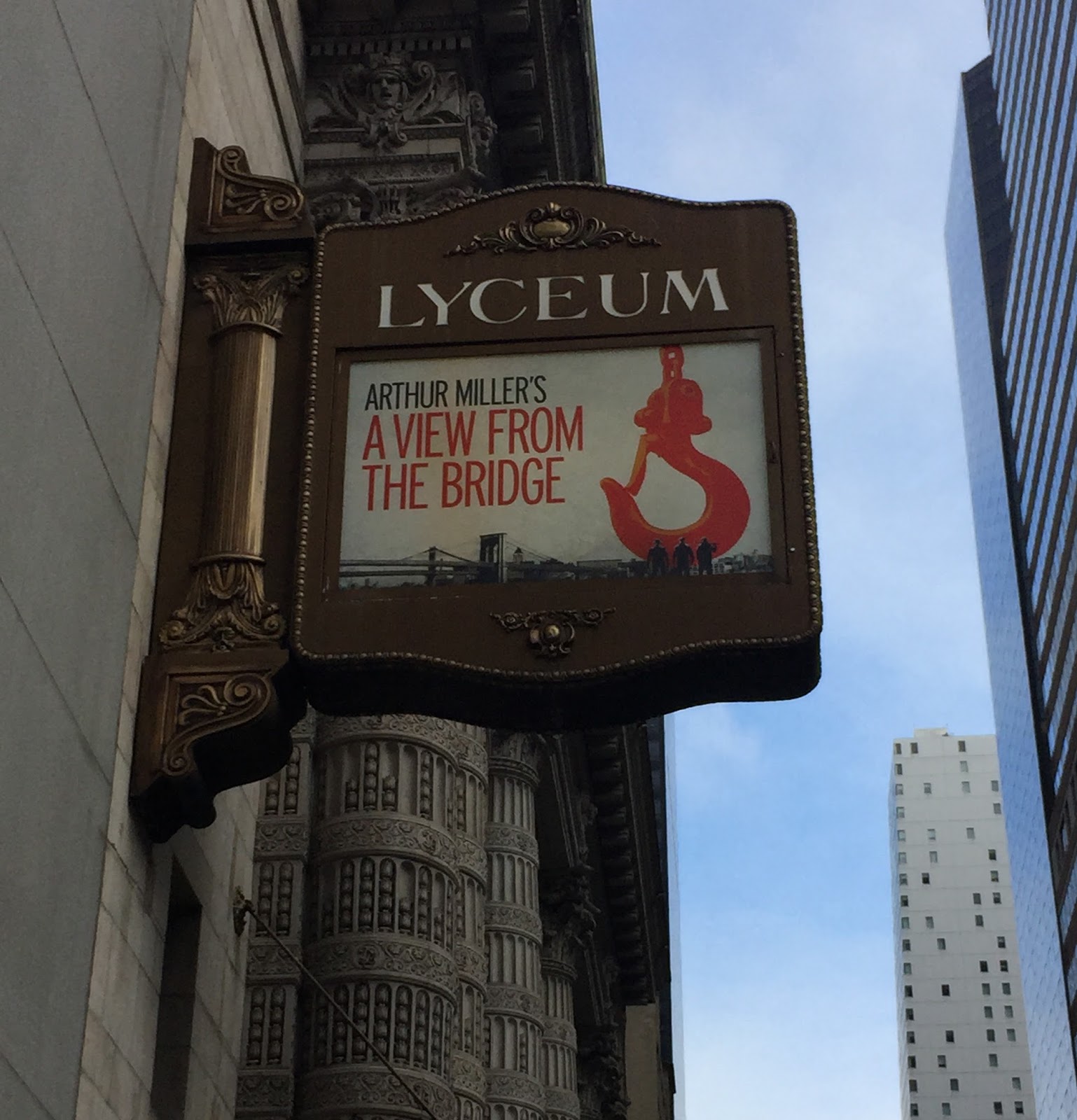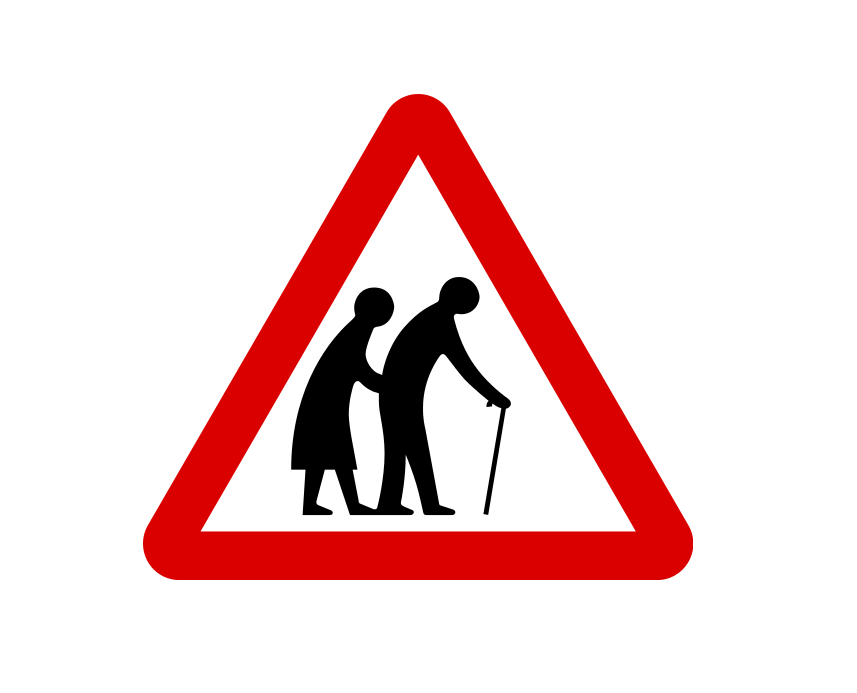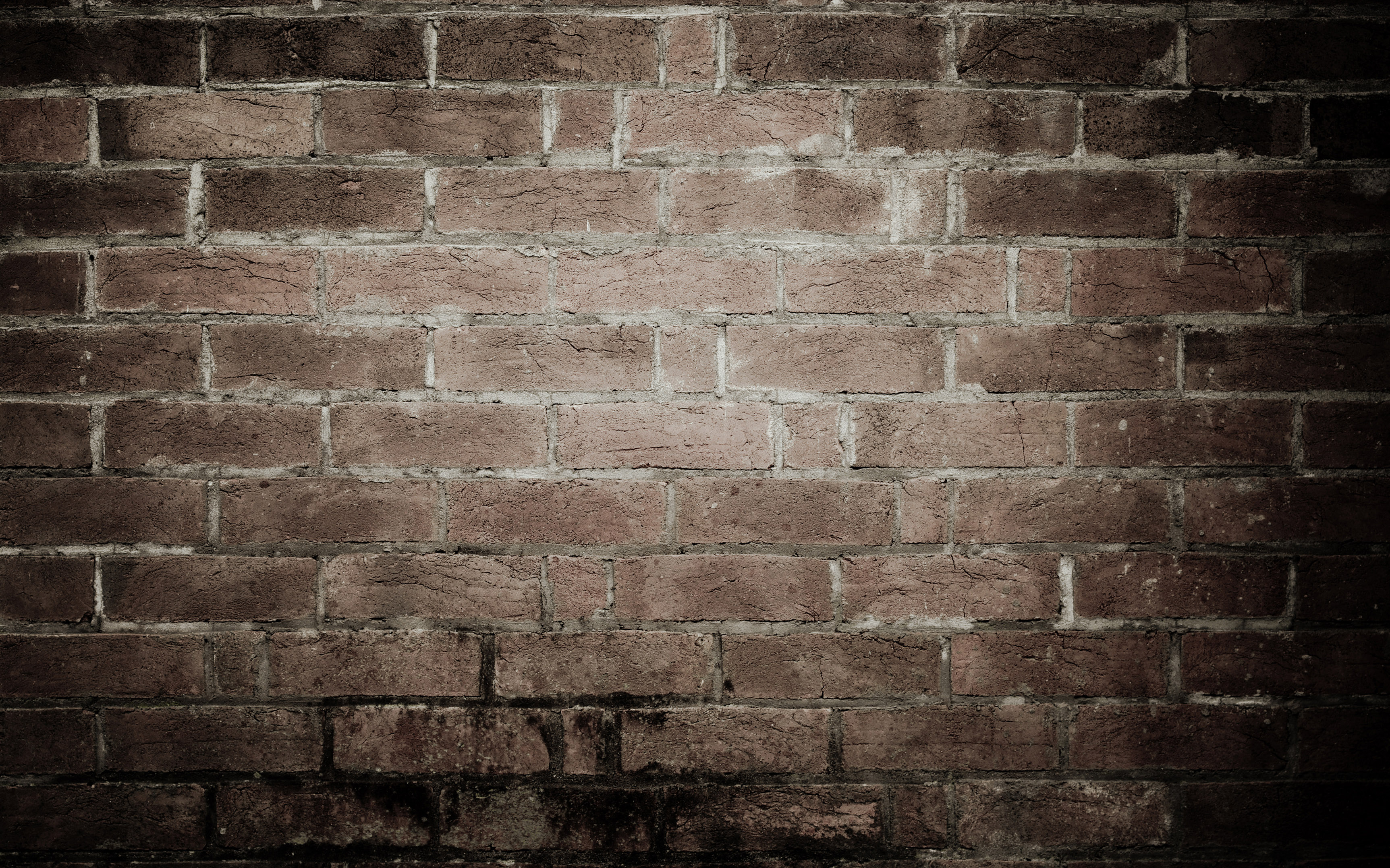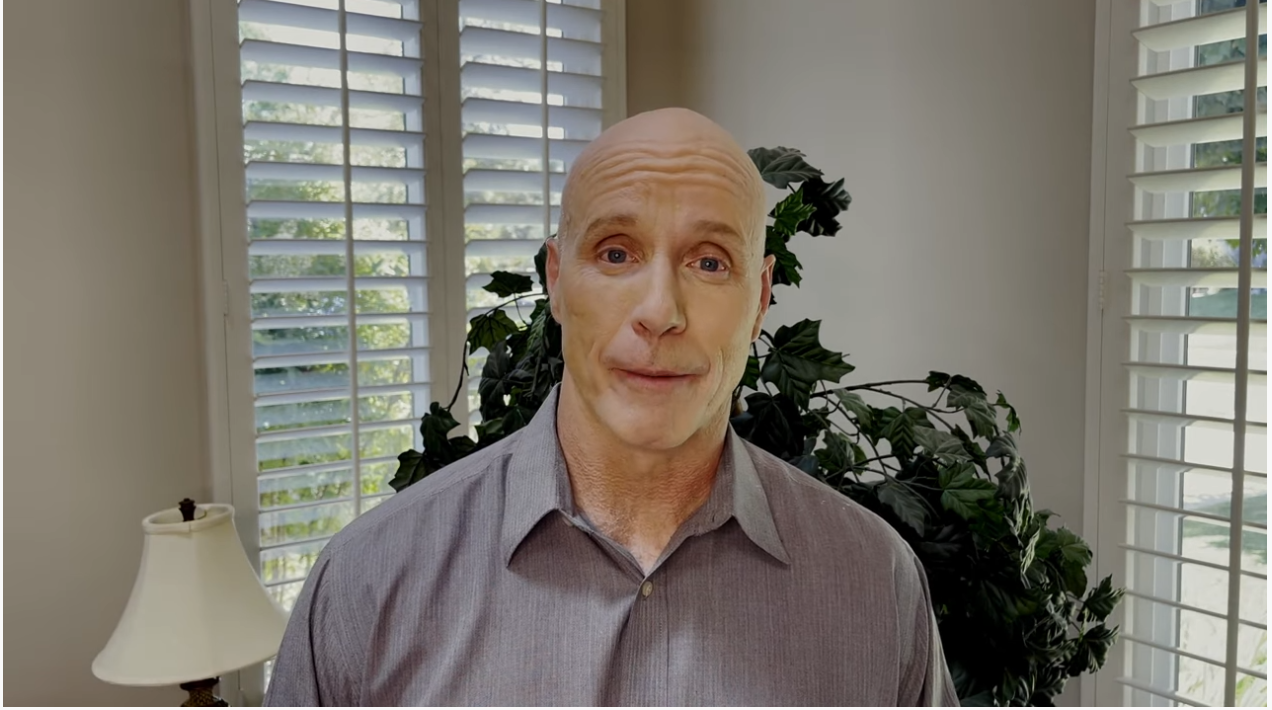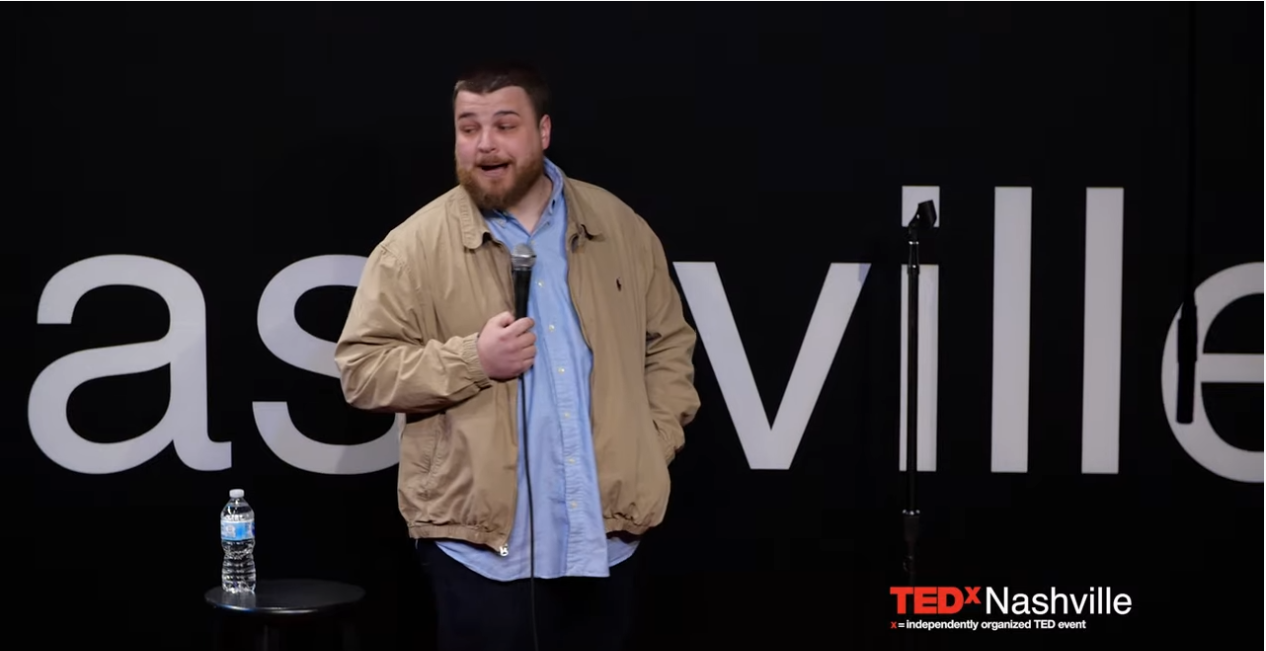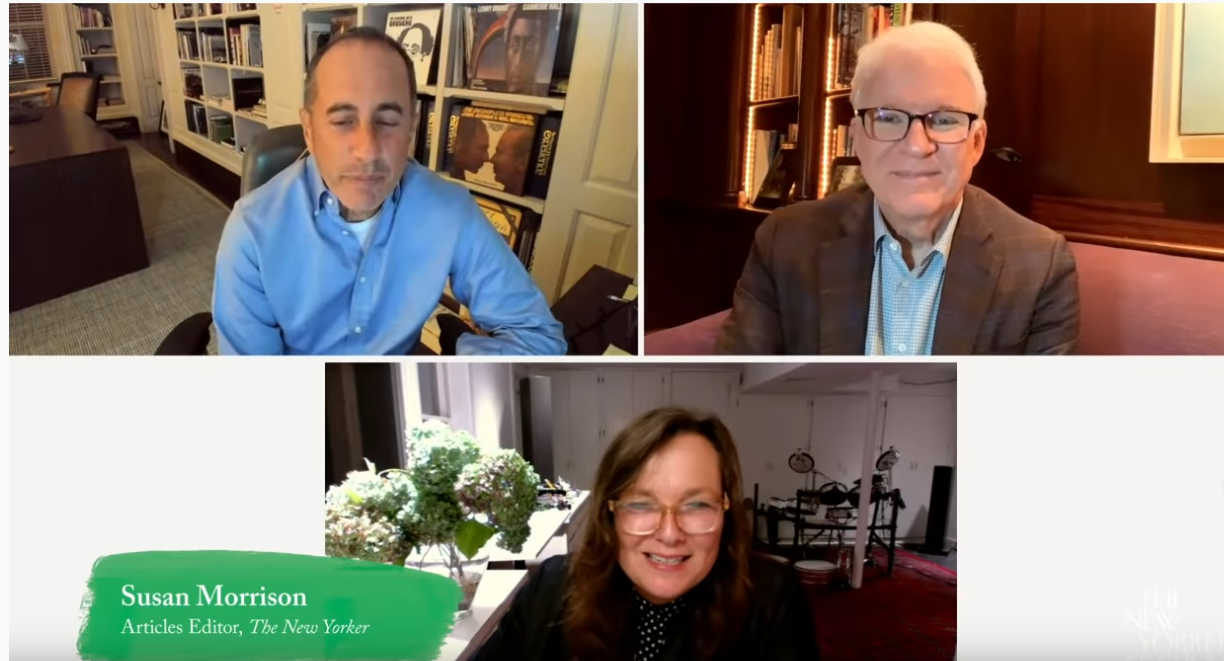
There is no doubt about it – this is one of the toughest industries to work in. If there was ever a school of hard knocks, working in comedy would be placed the highest pedestal ever. Not that I’m knocking the ability to save a life, but there are schools that provide you with the training and skills for that profession. If you work in the Performing Arts, there is a lot of gambling placed on your career, and those bets aren’t guaranteed.
When I realized I was burning out, I took time to examine the issues around me. My first observation was how everyone needs to post funny things on Facebook, Twitter, and Youtube. The number of funny pictures, silly videos, and re-tweets I read from my friends and followers started getting old real quick. It began to interfere with my daily routine which included:
- Reading comedy based articles and blogs
- Interviewing comedians
- Attending comedy shows and open mic shows
- Playing comedy based podcasts
- Reviewing comedy based forums on Facebook and Twitter
- Managing the Washington DC Comedy Writers Group
- Writing new material for my standup and potential sitcoms
I loved this routine, but after accepting a position to consult on a new comedy club in Maryland…my schedule went haywire. If you ever attempted to run your own business, you probably familiar with the average 14-16 hour work day I experienced. My stage time and quiet time for writing was gone. Then….I made my biggest mistake – I compared my artistic work to other people. Suddenly, everyone was a better comedian, writer, or performer because I was no longer doing what I love actively. Frustration and depression were the new companions in my life.
The comedy club took a turn for the worse, before the doors were open. The club owners decided to use a different booking agency, and my disappointment was at an all time high. Those sacrifices I made during the planning stages didn’t mean a damn thing anymore. When I realized how awful the communication was between club owners and their managers, I should have walked away. I had no one to blame but myself.
Words cannot describe how much pain and torture I put myself through over something this small. Nothing in comedy seemed to excite me anymore. If I wanted to have a career in comedy, I needed to fix this issue quickly! Using problem solving techniques, I created the following plan:
- Identify the exact problems of what bothered me.
- Map a plan on how to deal with each issue
- Review and modify the comedy goals I created at the beginning of the year
- Solicit advice from other comedy professionals
- Consult with friends and family
 During this dark period, I contacted a lot of people via email and phone calls. Having a supportive group of people prevented me from giving up what I desired most. My conversation with Dave Schwensen was one of the most inspirational I’ve had in my career about keeping my passion for comedy alive. He also mentions in his book, Comedy Workshop: Creating & Writing Comedy Material: For Comedians & Humorous Speakers, the following quote:
During this dark period, I contacted a lot of people via email and phone calls. Having a supportive group of people prevented me from giving up what I desired most. My conversation with Dave Schwensen was one of the most inspirational I’ve had in my career about keeping my passion for comedy alive. He also mentions in his book, Comedy Workshop: Creating & Writing Comedy Material: For Comedians & Humorous Speakers, the following quote:
“Making a successful career in comedy or speaking is not for the faint of heart. Talent and passion are a powerful combination, but you also have to be prepared mentally. In other words, you need to stay focused and develop a thick skin. Success is always the goal, but be prepared to deal with the lows and rejections while developing your talent along the way.”
After resolving a problem, it’s always a good idea to include preventive steps. My original comedy goals could not have predicted the obstacles I faced. It was time for me to learn how to manage my schedule differently. I learned the danger of what could happen when comedy starts to consume and monopolize my time. Spending time with friends and family is just as important as stage time. It was a tough lesson for me to learn, so I felt it was important to share this with everyone. Hopefully, this will inspire you to never give up on our comedy dreams.
Keep your comedy passion alive!
© 2012 Wayne Manigo
Wayne Manigo is a comedian and co-founder of DC Comedy Writers Group. He is the creator of “Addicted to Comedy,” and the ‘brainchild’ behind the annual comedy conference, Starting Stand Up: A Comic Beginning. He also produces the show, Bellylaughs in Bethesda at Caddies at Cordell.


